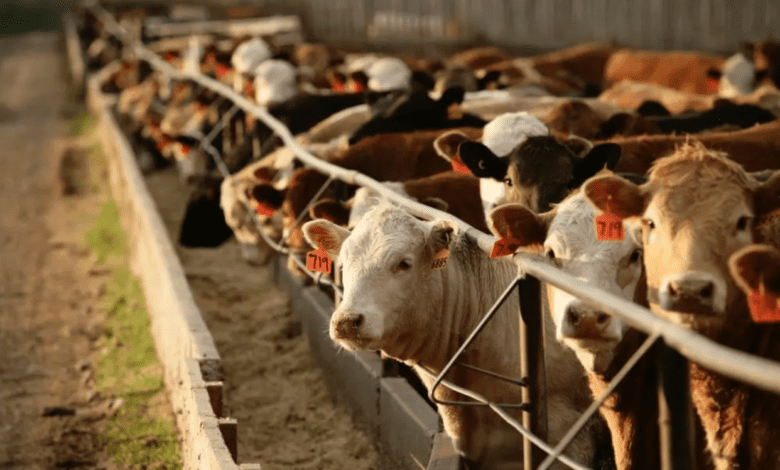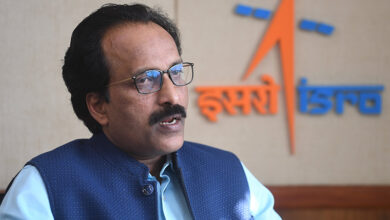Meat production is responsible for nearly 60% of Greenhouse Gas Emissions from food productions
To the omnivores out there: If push came to shove, could you quit eating steak? A new study has revealed that the production of meat emits 28 times more greenhouse gases than growing plants for food.

We all care about the environment but what if we tell you a significant amount of global warming is just caused by meat production for the global food industry?
A new study has found that commercial meat production accounts for over 60% of all agricultural carbon emissions. Compared to emissions from the production of plant-based foods, the production of meat and crops for animal feed collectively emits 28 times more greenhouse gases.
The study published in the journal Nature, and authored by climate scientists from the University of Illinois, shows the entire food production cycle and its effects on climate change in minute detail.
The ethics of killing animals for their meat have been debated for centuries. But in recent years, the looming specter of climate change has given meat eaters an additional dilemma to consider: cattle and dairy farming, climate scientists have warned, is unsustainable, generating high levels of greenhouse gases at every stage of the production process. For many vegetarians and vegans, the climate factor has provided yet another powerful argument for leaving meat behind.
Every year, the world’s entire food production system, emits around 17.3 billion metric tonnes of greenhouse gases, according to the study. For comparison, India’ share of greenhouse gas emission in 2019 was less than 300 million metric tonnes.
But beef is by far the biggest offender, generating 60 kilograms of greenhouse gas emissions per kilogram of meat produced—that’s more than twice the emissions of the next most polluting food, lamb.
One reason for this high level of emissions is that cows and sheep produce large quantities of methane as a byproduct of the ruminant digestive process, relying on specialized bacteria that can break down grass. As a greenhouse gas, methane is up to 34 times more potent than CO2.
Another way meat contributes to climate change is via the destruction of forests and other habitats to make way for pasture, and for the growing of fodder to be eaten by cattle. With a rise in the eating of beef in large countries that have witnessed increasing prosperity, such as China, cattle farming has become extremely lucrative. In pursuit of profits, ranchers have destroyed hundreds of thousands of square miles of rainforest around the world—vital, biodiverse ecosystem that, when undisturbed, capture millions of tons of CO2. As new research published today in Nature Communications shows, 40% of South America’s Amazon rainforest is in danger of tuning into savannah as a direct result of deforestation.
Walter Willett, a nutritionist at the public health school of Harvard University, told Carbon Brief: “Eating beef raised on grain produced in the Amazon is like coal-fuelled power plants—the worst thing you could possibly do.”
The production of a single kilo of beef, on average, emits around 70 kilos of greenhouse gases. On the other hand, producing a kilo of wheat emits less than 3 kilos of carbon into the atmosphere. A small car produces 70 Kilos of greenhouse gases by traveling roughly 100 km.



